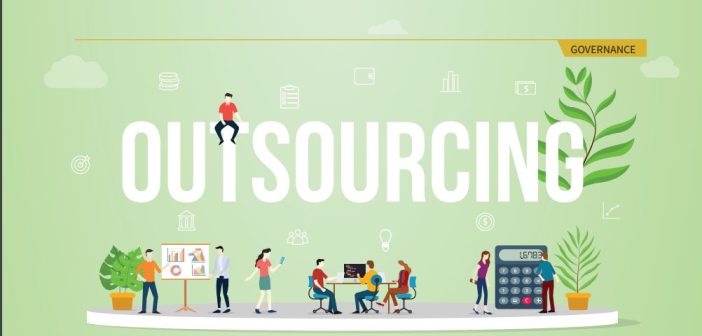Internal setup is deceptively effective
By Kariuki Kamwene
Typically, when an organization recognizes the need to avail stakeholders with a channel to report unethical activity, it may initially attempt to develop and manage the mechanism internally. Some of the companies will set up an internally managed email address and publicize it encouraging stakeholders to “anonymously” report unethical activities. The email inbox may be assigned for monitoring to the compliance, internal audit or human resources department.
The decision to internally host a whistle blowing hotline may be pegged on a range of justifications such as cost management and the need to retain potentially sensitive information from outside leaks. Documented experience abounds to show that the internal set up is deceptively effective. While it ticksthe regulatory compliance box and creates an impression of an organization taking unethical issues seriously, organizations hosting an internally managed whistle blowing hotline should be weary of the following potential downsides;
It does not muster the confidence that where anonymity is required as a condition for blowing the whistle, this will be assured. A section of stakeholders especially employees will be uncomfortable reporting sensitive information to someone known to them and may therefore opt to ignore the issue. Even in an email communication, the tone and choice of words can possibly expose the identity of the writer based on their ordinary interaction in the organization.
While most organizaions have a policy prohibiting or condemning retaliation against whistle blowers, experience shows that such policies are more theoretical than they are practical. Consequently, an effective whistle blowing hotline is one that can be truly trusted to assure anonymity where this is demanded.
How an externally hosted whistle blowing hotline addresses this downside
Out of professional practice and contractual obligations to guarantee the anonymity of whistle blowers,
the hotline service provider never divulges the original, raw information received including the identity
of the whistle blower. Once a whistle blower provides information, the hotline service provider prepares a
professionally written report to the attention of the pre-authorized recipients on condition that the
recipients are also not implicated in the whistle blowing information, in which case, an alternate recipient
already contractually pre-agreed on will receive the professional report.
When the responsibility of monitoring a whistle blowing hotline is assigned internally to a function that has other responsibilities, the essential element of hotline availability being 24 hours every day will certainly be adversely affected. Even when the responsibility is assigned to a security desk that is on-call round the clock, the handlers may not have the trust, expertise and independence to assure the required effectiveness.
Monitoring a whistle blowing hotline calls for dedication to ensure that the information reported is
conveyed to the authorized recipients as completely, meaningfully and quickly, as possible to either
forestall an impending unethical activity or conclusively resolve one that has already occurred. Studies
show that whistle blowers predominantly prefer telephone calls to report unethical activity but may
also opt for other avenues.
This means that an effective hotline supports multichannel reporting with the implication that dedicated
resources are required to sustain the hotline’s effectiveness.
How an externally hosted whistle blowing hotline addresses this downside
A robust whistle blowing hotline is available 24 hours every day, supports the reporting preferences
of whistle blowers and expeditiously conveys whistle blowing information to the authorized recipients. This is the value externally hosted whistle blowing hotlines extend. Additionally, external service providers are trained information agents who are able to detect prank calls, handle nervous or emotional whistle blowers, and extract as much factual information as possible to aid in investigations.
An internally managed whistle blowing hotline will normally leverage on the internal technology infrastructure of the organization. This may pose data security and confidentiality risks where the capture, storage and back up of whistle blowing information is part of the organization’s wider information management strategy. As a consequence, the trust of the internally managed hotline may be heavily eroded and the hotline shunned by stakeholders.
How an externally hosted whistle blowing hotline addresses this downside
An external whistle blowing service provider independently manages its own infrastructure to assure of data security and integrity.
Conclusion
Overall, a trusted and reputable external hotline provider will bring far more than just the whistle
blower hotline to the total compliance performance of an organization. A carefully selected hotline
system will also—crucially—provide a key element of a comprehensive compliance tool-set, designed
to effectively address the legislative and regulatory challenges that are in place and on their way.
An external hotline service provider also saves the client organization from the encumbrance of setting up and maintaining the hotline infrastructure that typically supports multichannel reporting and real-time monitoring. From the insights gained through supporting other organizations, hotline service providers are centers of excellence on ethics and integrity and can support a client organization in sustaining an ethical culture so essential to its success.




